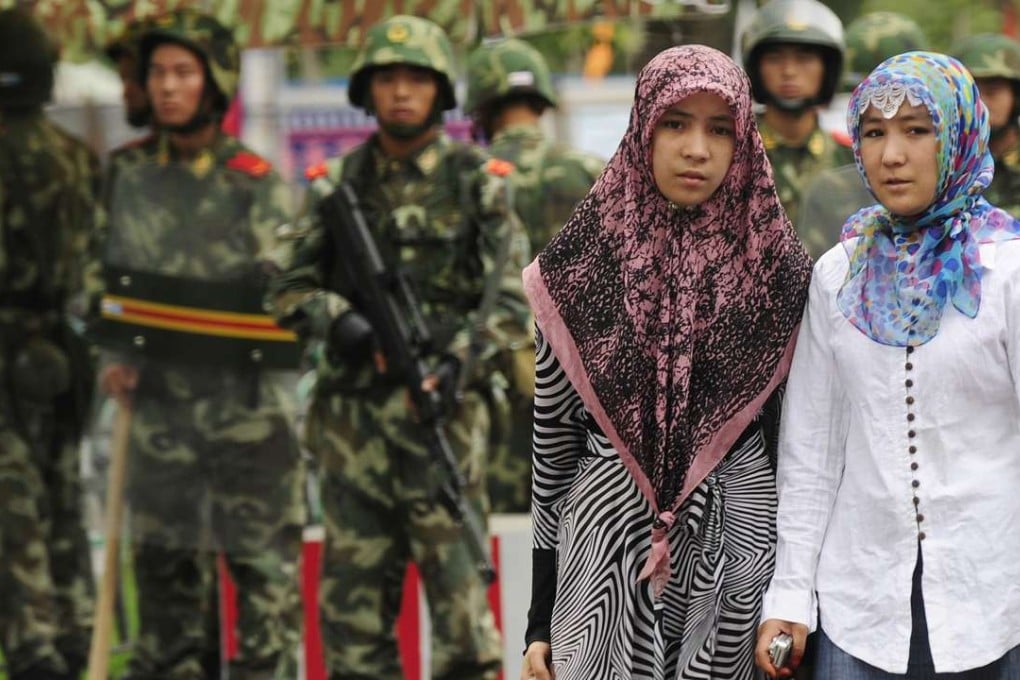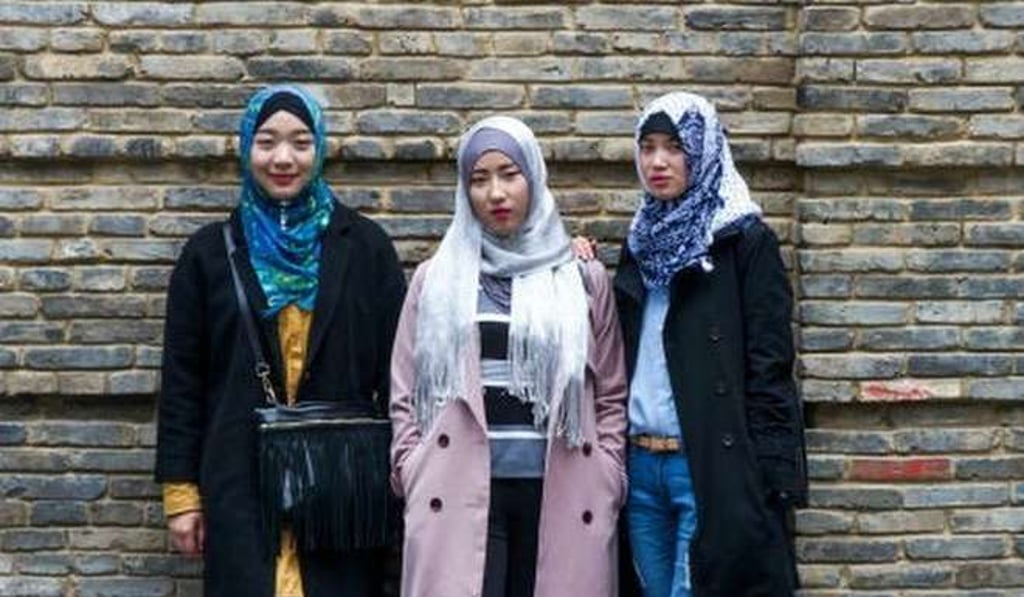‘When are you going back to Arabia?’: How Chinese Muslims became the target of online hate
A lack of education over what the Communist Party refers to as ‘feudal superstitions’ is fuelling a rise in anti-Islam rhetoric, prompting fears that online tensions will spill over into real-world conflict

When Aysha Xiong posted online photographs of herself and two roommates sporting their favourite headwear, the last thing they expected was to be swamped by hundreds of angry and humiliating comments.
She posted the images on a WeChat mini site called “The Hijab channel”, created by the trio to give Muslim women a place to share stories about headscarves, faith, work and life. It is a relatively obscure platform for the three roommates, their posts filled with photos much like millions of others that are uploaded to the internet on a daily basis.
But when their photo was reposted on Weibo – a social media site sometimes described as “China’s Twitter” – the three women from Kunming ( 昆明 ), Yunnan ( 雲南 ) province, found themselves at the centre of a flood of abusive comments, the latest victims of growing anti-Islamic sentiment on the Chinese mainland that has been fuelled by widespread – many say exaggerated – fears of terrorism.

“China needs no evil cult”, said the comment with the most “likes” from other users. Another popular one asked “When are you going back to Arabia?”
Xiong, a 23-year-old Han Chinese who converted to Islam three years ago, and her two friends, from the predominantly Muslim Hui ethnic minority, say the experience has left them more determined to persevere with the channel.
“I want to tell you my own story bit by bit, and let you know Islam is nothing to be afraid of,” she wrote on Weibo, responding to the hateful comments. “Muslims live in the same way as non-Muslims.”